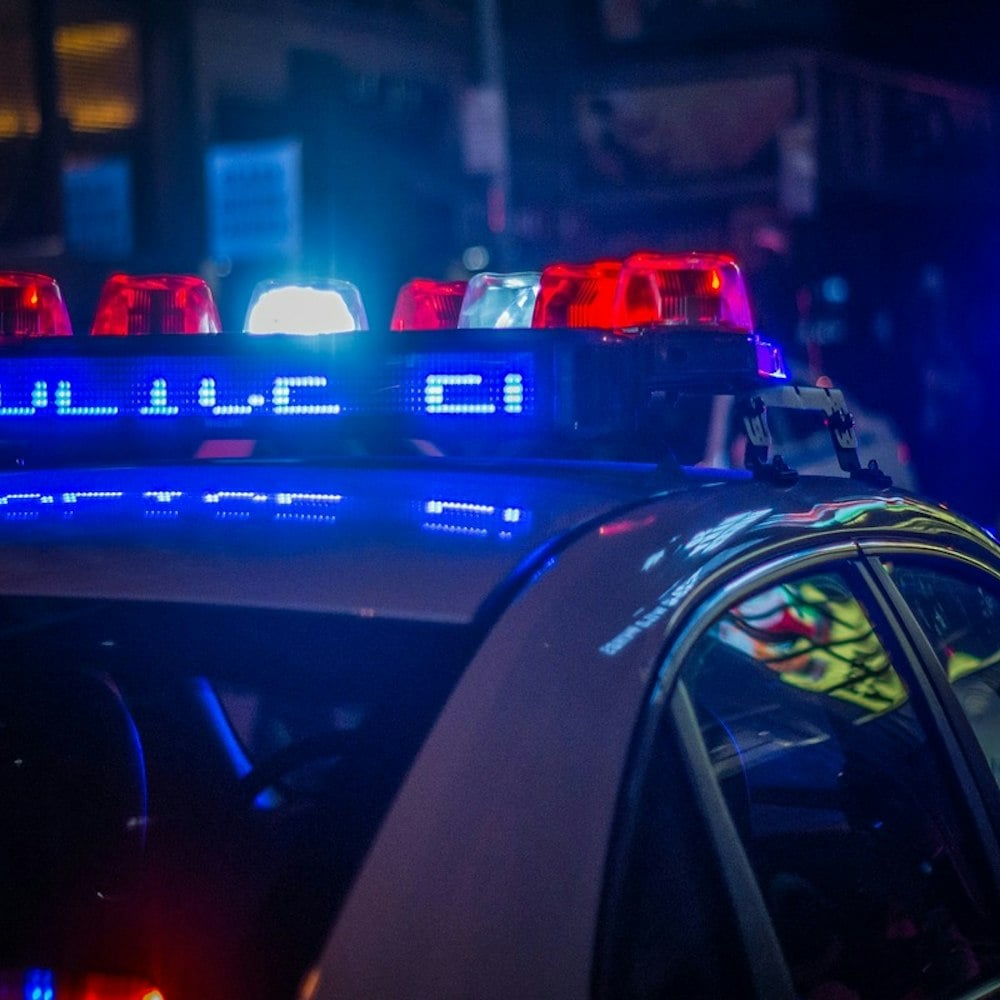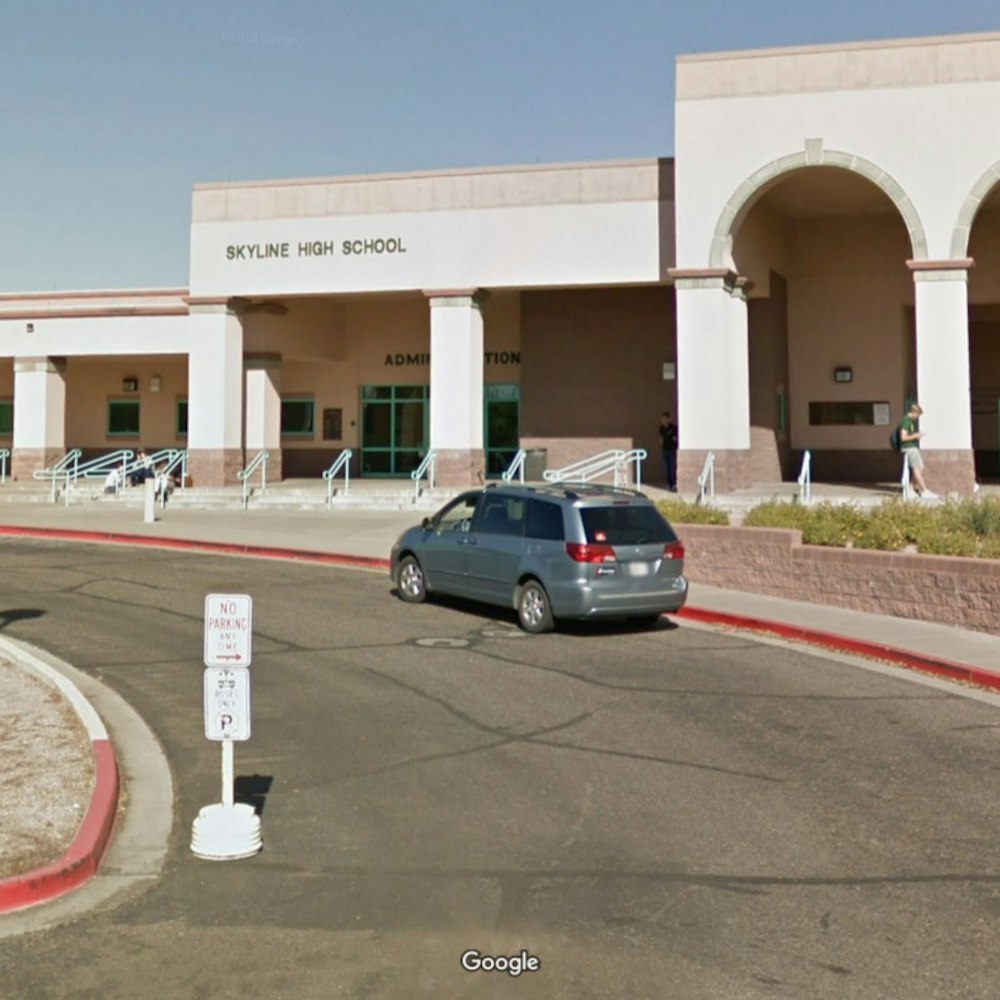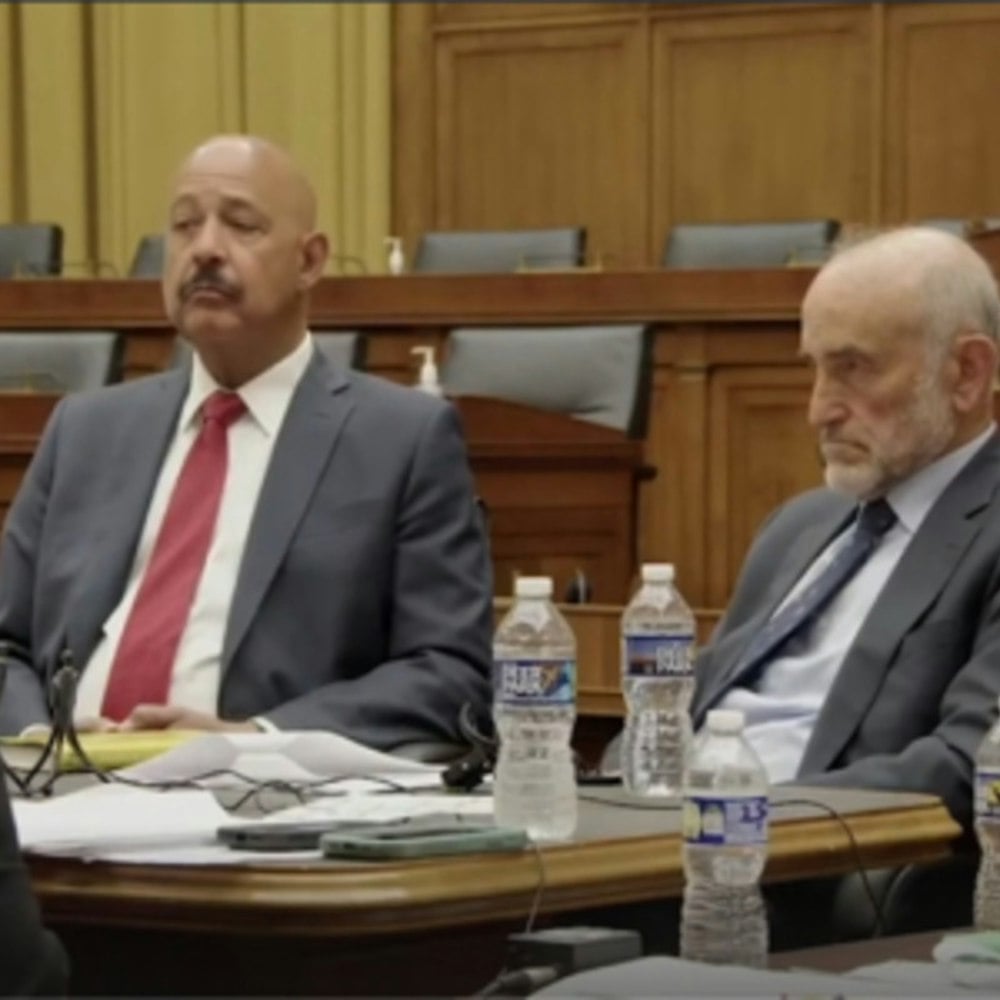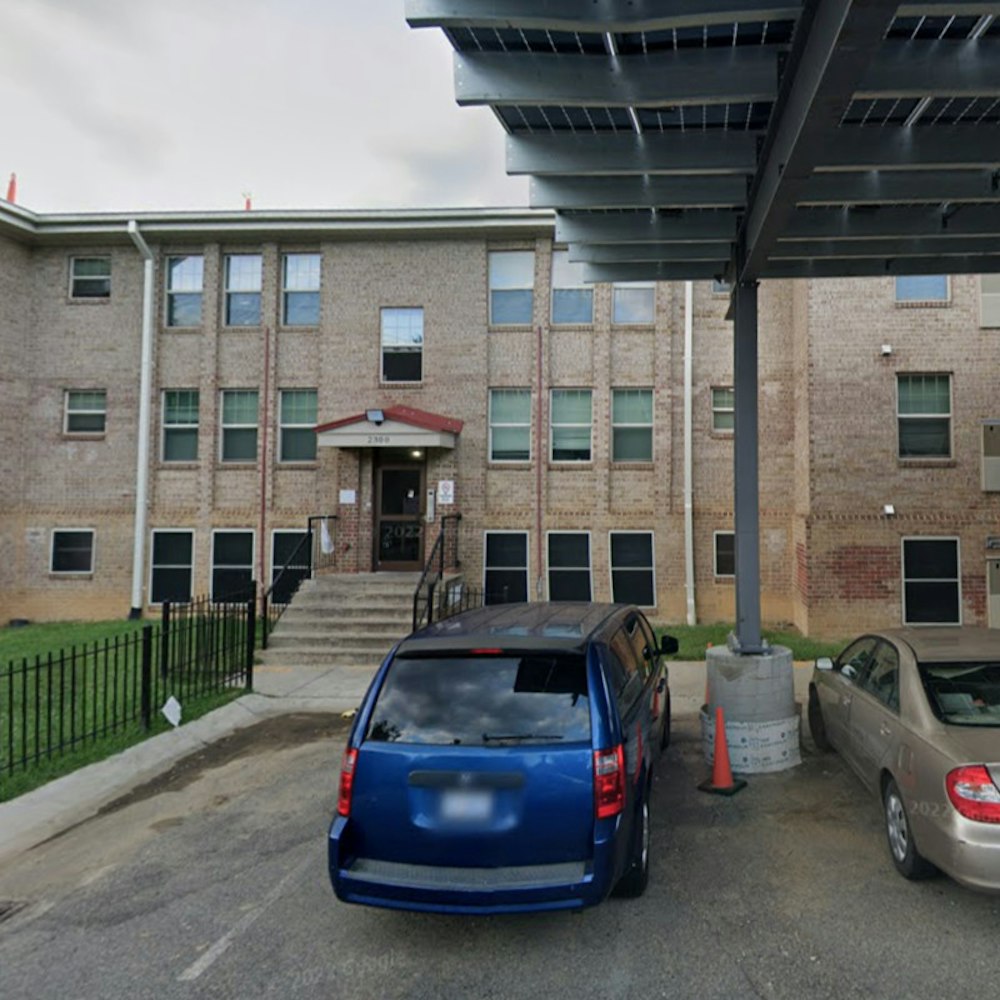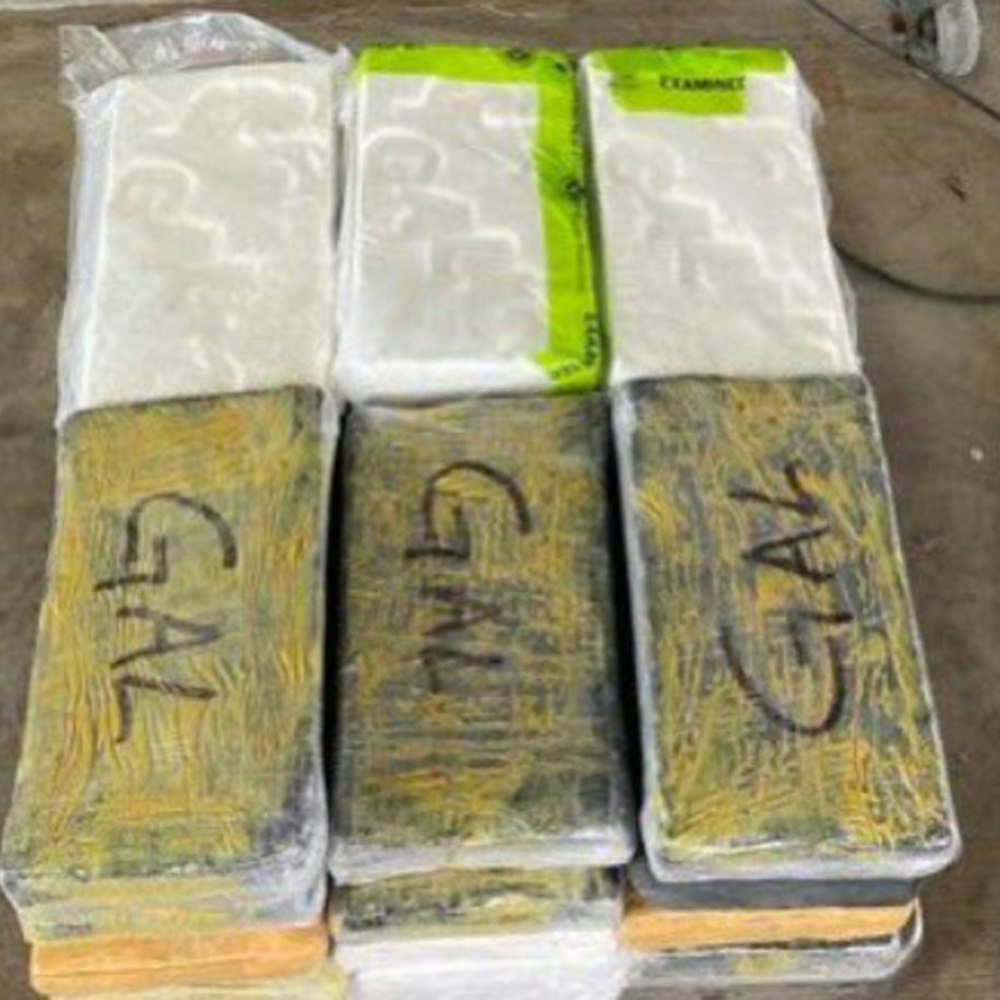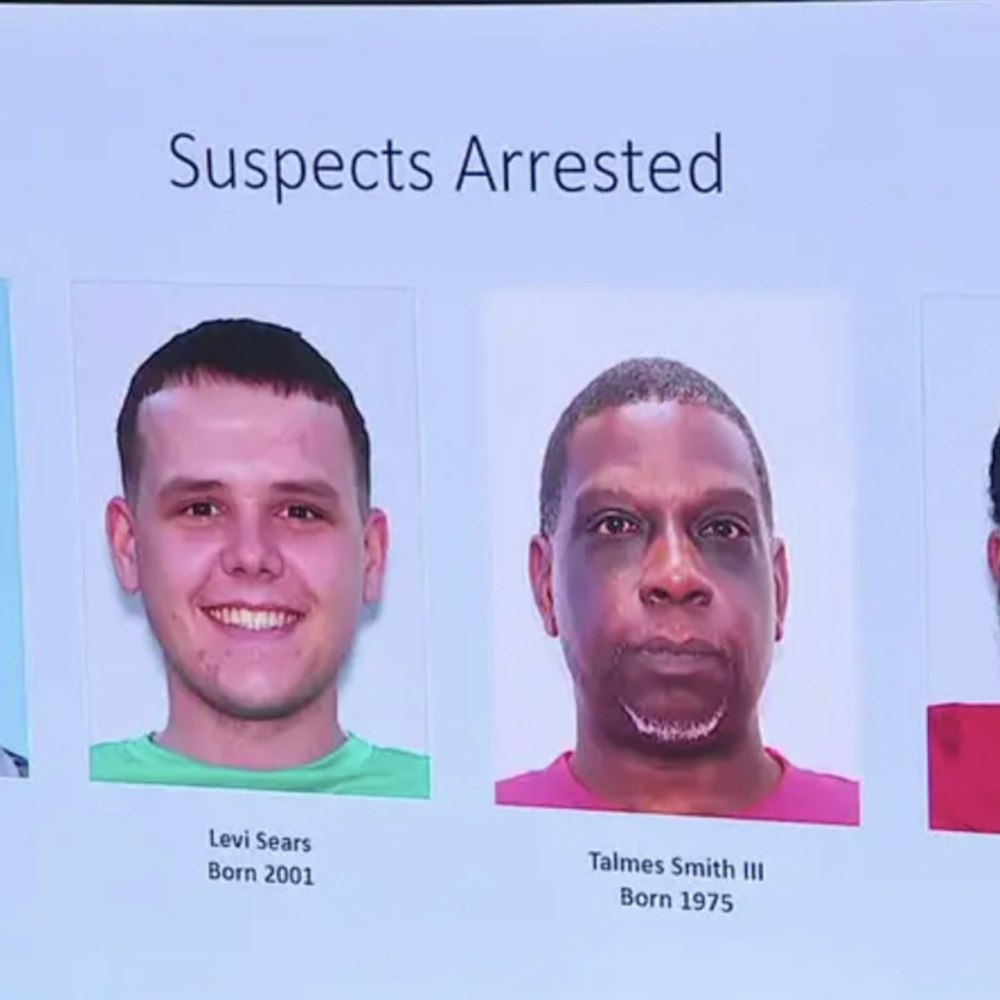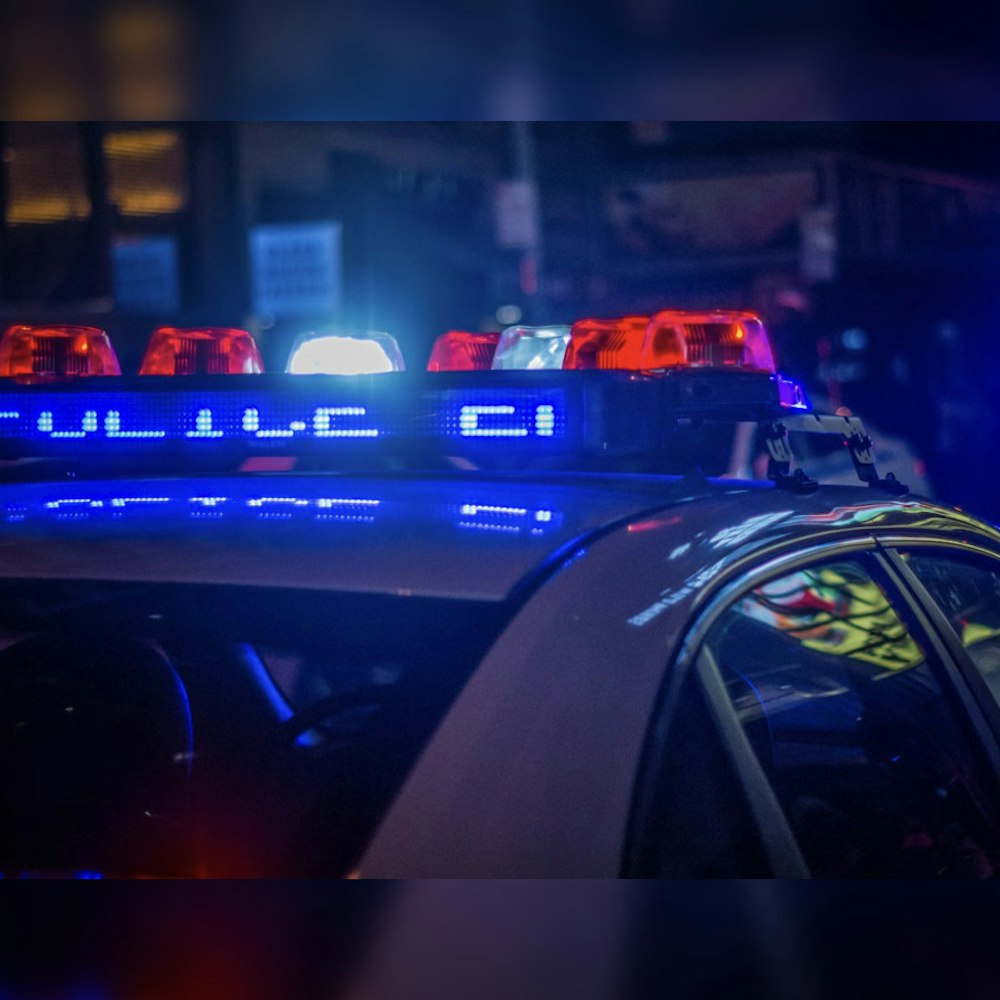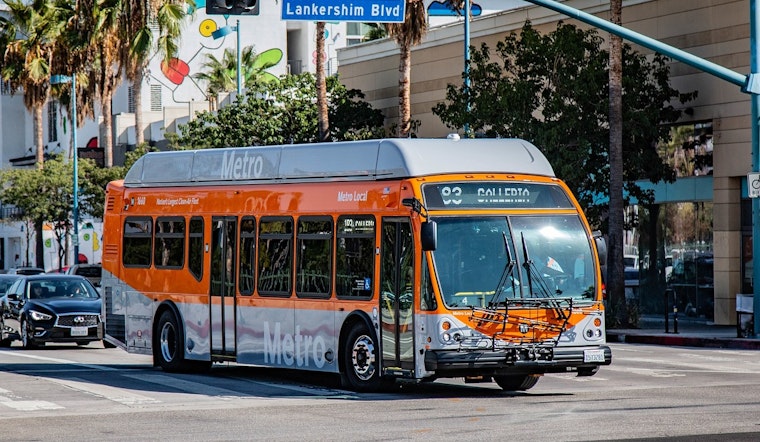
In a move expected to streamline Los Angeles traffic and enforce parking laws more rigorously, LA Metro buses will soon be equipped with artificial intelligence-powered cameras specifically targeting vehicles illegally parked in bus lanes. As reported by KTLA, these high-tech cameras will snap photos and capture video evidence of violators in real time beginning this summer, with full deployment slated for the year's end.
While the system is set to give law enforcement a high-tech helping hand, a human touch remains a critical part of the process. After the AI flags a potential offense, the Los Angeles Department of Transportation will make the final call on issuing a ticket. Full implementation of the program is anticipated by the close of 2024. As stated by ABC7, to keep the public informed and aware of the new regulations and technology, Metro will conduct a period of community outreach.
The Metro board highlighted the importance of keeping bus lanes clear, especially for passengers with disabilities who need unobstructed access for level boarding. According to a report by the Los Angeles Times, the initiative also aims to speed up bus travel times, encourage the use of public transportation, and overall improve mobility for Los Angeles commuters.
Before the tickets start hitting windshields, Metro will allow a 60-day grace period, as disclosed by the Los Angeles Times. During this time, the caught parking in bus lanes will only receive warning citations that won't equate to any legal violations. Also noted by Charles Territo, Hayden AI’s chief growth officer, is that these AI-issued tickets, much like their human-issued counterparts, will be subject to appeal, and the video evidence will be accessible to car owners facing a violation.
Hayden AI, the company behind the design of the $11 million program, will provide Metro with 100 camera systems over the span of five years. Metro's adoption of this technology marks an investment in the future of transportation as much as it is an immediate solution to today's congestion woes.
